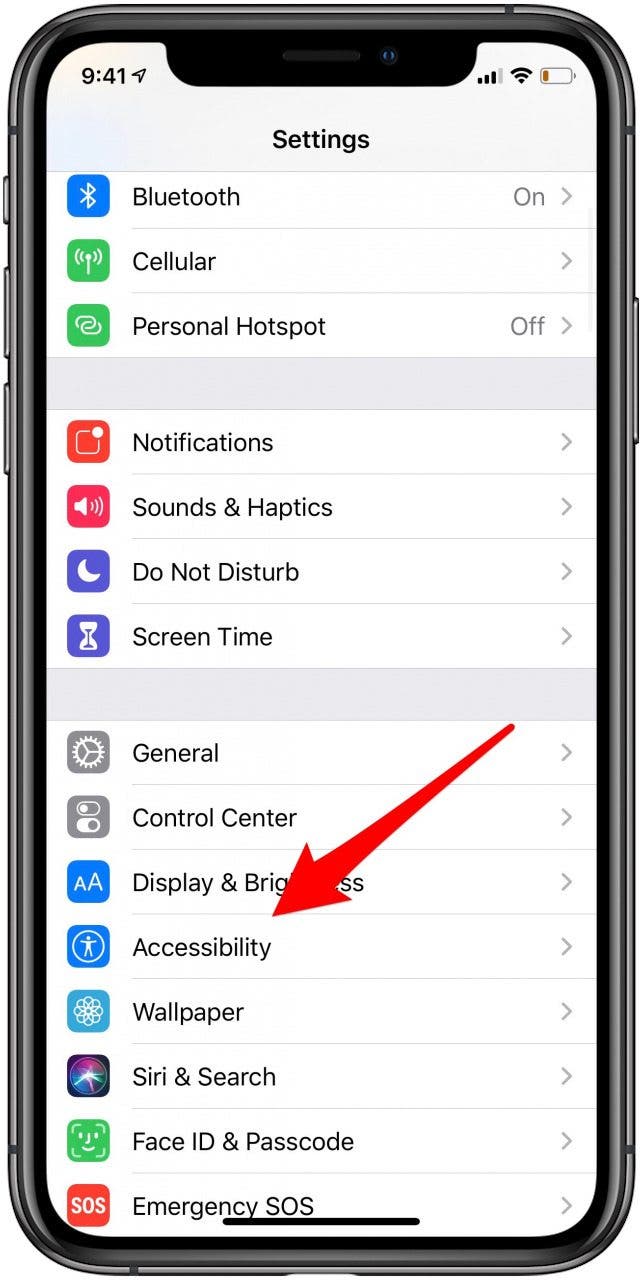

And compounding the problem, no parent thinks (or wants to think) that their child would get into online mischief of this kind. It will take time for the issues to shake out. Being a developer, this stuff is second nature.
:max_bytes(150000):strip_icc()/003-how-to-use-windows-10-gestures-02dc3b60b9254620a72a662018562ef8.jpg)

Until recently, I hadn't really considered that other parents could be so ignorant (and naive) in this regard. But it is an issue for our third grader and all her friends who have these devices. This wasn't an issue for our older kids (now adults). The problem is that other than at best resetting the device prior to giving it to their young child, many don't properly configure the device to protect them from stumbling upon horribly inappropriate content, or worse, making contact with someone they shouldn't. In the case of school age kids, it could be mom's old iPhone used as an iPod, or even their own iPad. Just about everyone has some kind of Internet connected device nowadays. Final Thoughts Parenting Through Ignorance and Denial You need to first know what you don't know. And if I've missed something, understanding the problem will allow you to fill the gap on your own. That's because no single article can cover everything. You need to really understand the problem and challenges prior to locking down the iPhone or iPad. We'll cover some of the other vectors in future articles. But this article will focus specifically on locking down iOS 9 or later devices. There are many ways for children to get into trouble online, even at home your cable box, console gaming systems, desktop computers, social networks, personal behavior, and more.


 0 kommentar(er)
0 kommentar(er)
